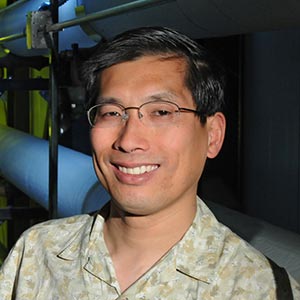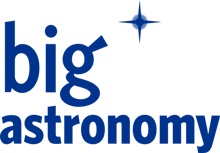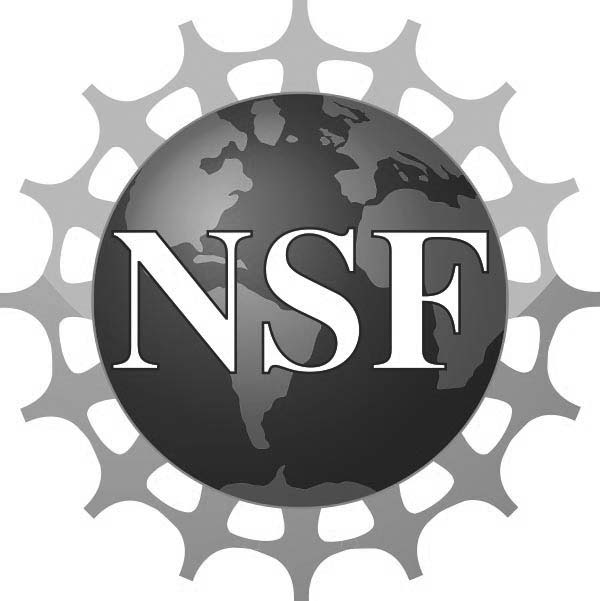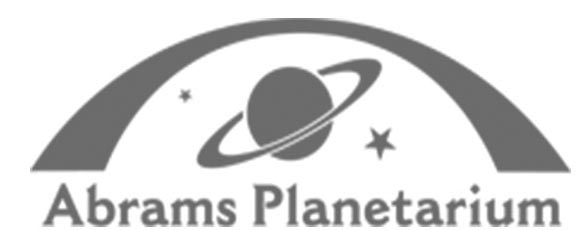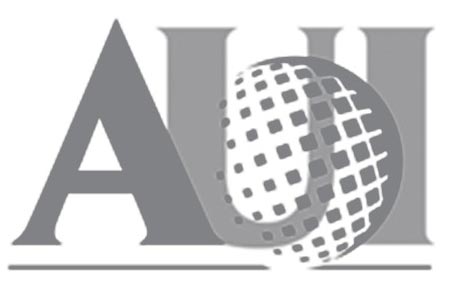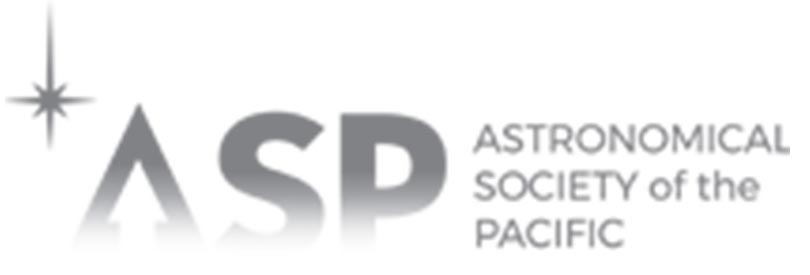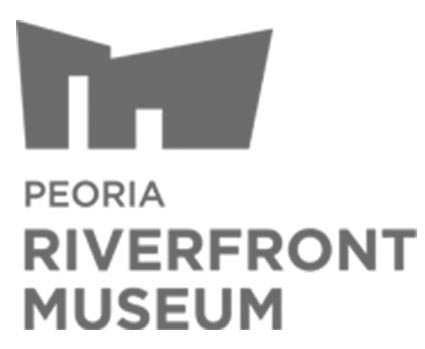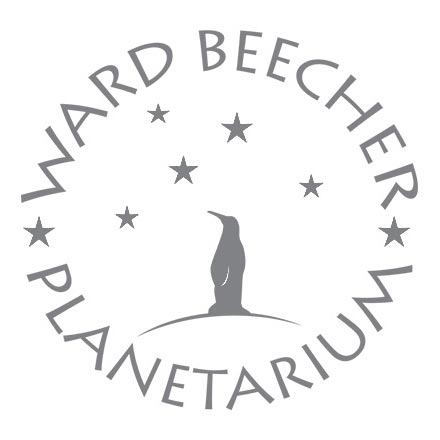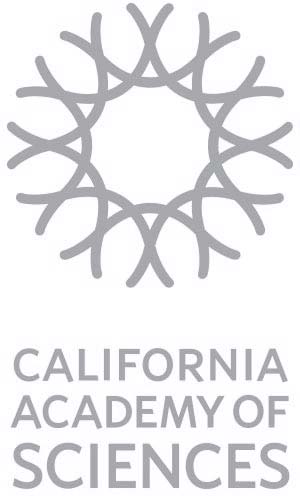About Us
Big Astronomy is a multifaceted research and outreach project supported by several partners and funded by the National Science Foundation.. It includes the award-winning planetarium show Big Astronomy: People, Places, Discoveries which highlights the diverse people who enable discoveries at world-class observatories in Chile. Big Astronomy also hosts live educational events online and offers a variety of hands-on activities now adapted for remote learning.
Discover the show, engage in ongoing conversations with observatory staff, explore educational activities, and more.
LEADERSHIP TEAM
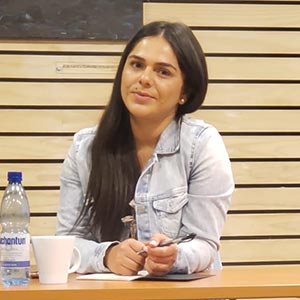
Yasmin Catricheo
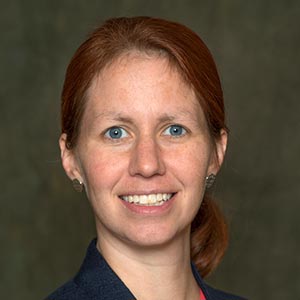
Katie Hinko
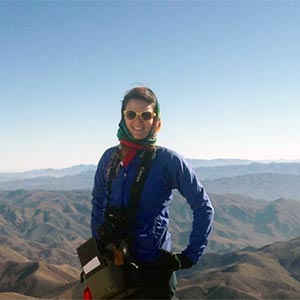
Renae Kerrigan
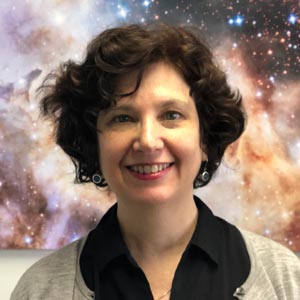
Shari Lifson
Shari Lifson is the Corporate Communications Coordinator for the Association of Universities for Research in Astronomy (AURA). She is responsible for working with AURA’s three centers: Space Telescope Science Institute, NSF’s NOIRLab, and the National Solar Observatory to develop cross-center communication efforts and strategies. Prior to joining AURA, Lifson worked as a Communication Officer for the Center for Climate Systems Research at the Earth Institute/Columbia University. Shari Lifson holds a master’s degree from Columbia in Sustainability Management and a master’s in Visual Communication from the Pratt Institute. She is based at the AURA corporate office in Baltimore, Maryland.
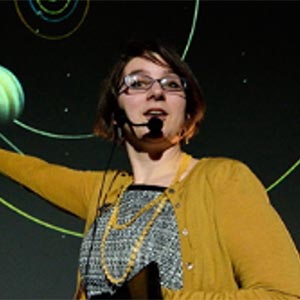
Dr. Shannon Schmoll
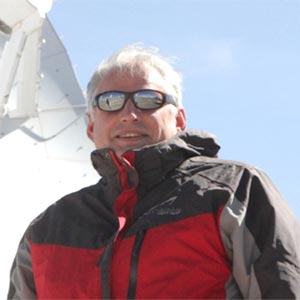
Tim Spuck
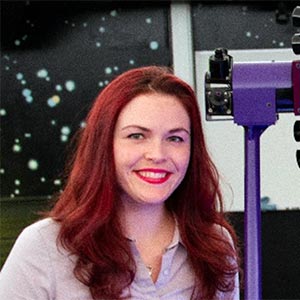
Tiffany Stone Wolbrecht
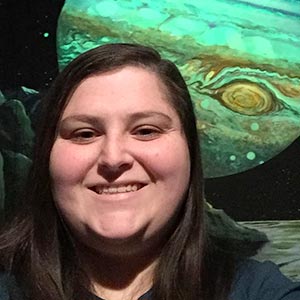
Dr. Jesica Trucks
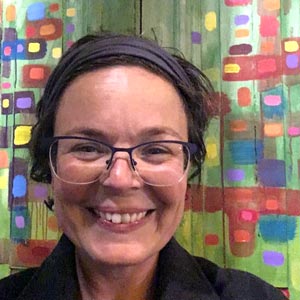
Vivian White
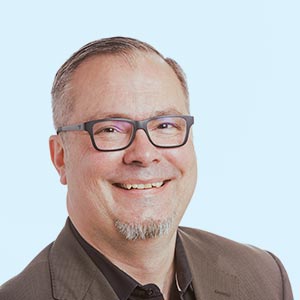
Ryan Wyatt
Ryan Wyatt wrote and directed the Big Astronomy planetarium show. He has served as Senior Director of Morrison Planetarium and Science Visualization at the California Academy of Sciences since April 2007. Prior to arriving in San Francisco, Wyatt worked for six years as Science Visualizer at the American Museum of Natural History in New York City; previously, he opened technologically-advanced planetariums in Phoenix, Arizona, and Albuquerque, New Mexico. Wyatt has written and directed the Academy’s seven award-winning fulldome shows on topics as diverse as asteroids, earthquakes, ecosystems, and coral reefs. Wyatt’s professional interests include making research data sets accessible to the general public and developing standards and best practices in the fulldome video community. He writes extensively on the design of immersive media and the role of modern planetariums in bringing cutting edge science to a variety of audiences, and his Visualizing Science blog provides an informal look at his ideas and opinions related to visual representations of science. He is also the cofounder of the professional organization Immersive Media Entertainment, Research, Science, and Art (IMERSA) and co-chaired the 2017 and 2019. Wyatt also indulges avid enthusiasms for cultural astronomy, the history of science, and intersections between art and science.
CHILE TEAM
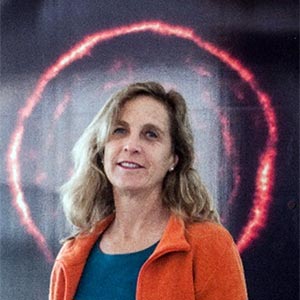
Valeria Foncea
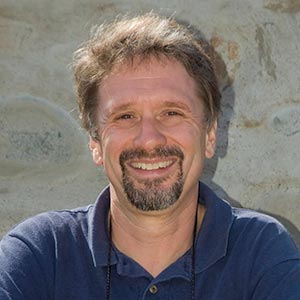
Peter Michaud
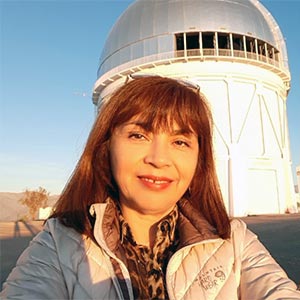
Leonor Opazo
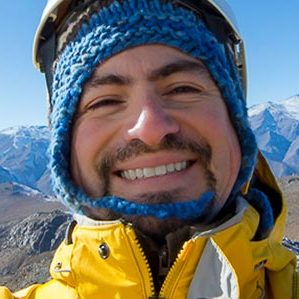
Manuel Paredes
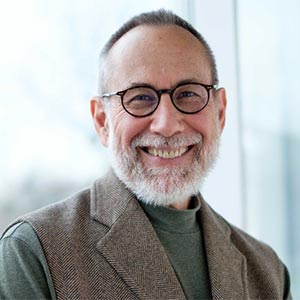
Steve Pompea
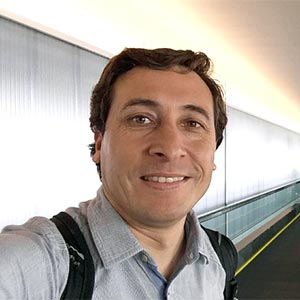
Juan Seguel
ADVISORY BOARD
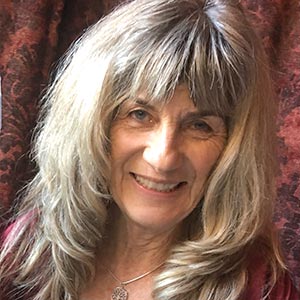
Cynthia Ashley
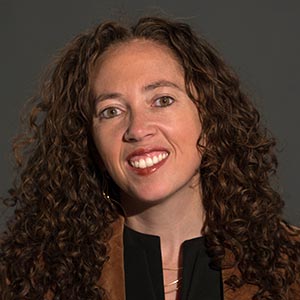
Jacqueline Faherty
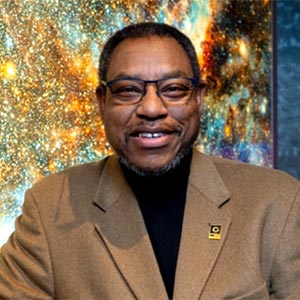
Derrick Pitts

Martin Storksdieck
Martin Storksdieck is the director of Oregon State University’s STEM Research Center, and a professor in OSU’s College of Education. The Center consists of a team of dedicated professionals of various disciplinary backgrounds who conduct applied research on STEM education and science engagement at the intersection of research, policy and practice, with a strong focus on equity and social justice. The aim is to align understanding of how all people learn throughout the lifespan, in formal and informal settings with evidence-based strategies for STEM engagement and STEM education. Martin has more than 25 years of experience with educational research and evaluation in STEM-related fields and in environmental and sustainability education. Prior to joining OSU, Martin directed the Board on Science Education and the Roundtable on Climate Change Education at the U.S. National Academy of Sciences. Currently, he serves on the Science Advisory Boards for the National Oceanic and Atmospheric Administration (NOAA) and the Leibniz Institute for Science and Mathematics Education in Kiel (Germany). He is also the Chair of Trustees for TERC, a nonprofit R&D organization in Cambridge, MA and serve as a board member of the Tree Media Foundation in Los Angeles, CA. Previously, he served on the boards of the Citizen Science Association and the Visitor Studies Association. Martin is an elected fellow of the American Association for the Advancement of Science. He holds Master’s degrees in biology and public policy, and a Ph.D. in education.
